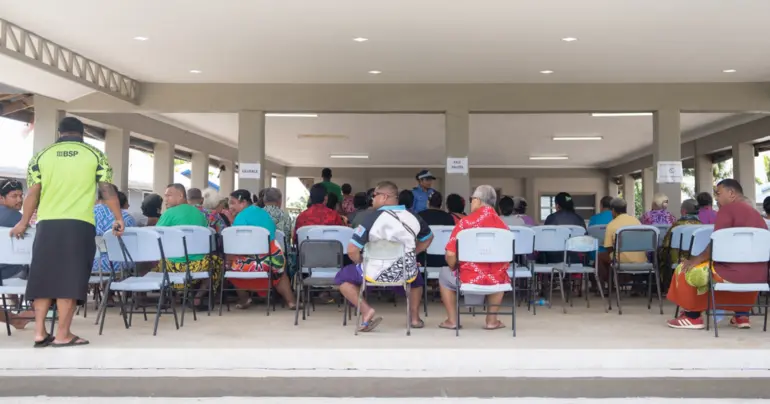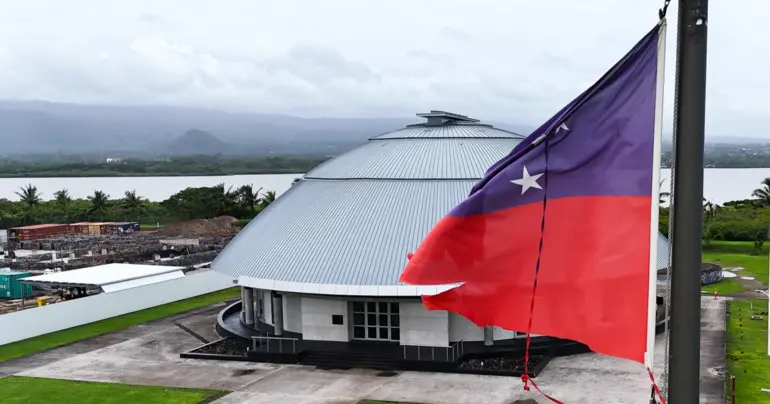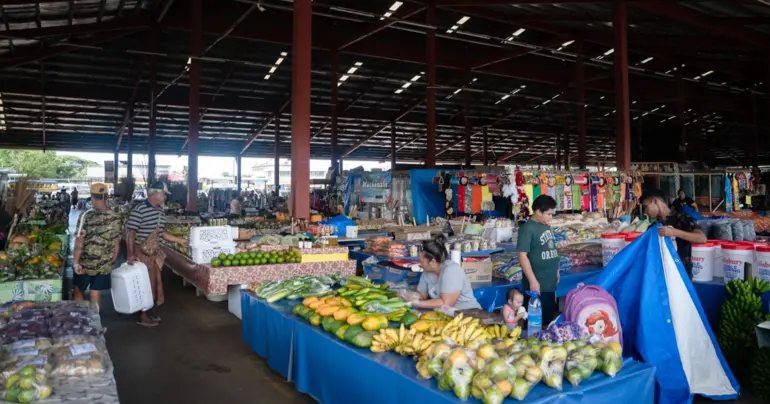Spreading misinformation has consequences
Police Commissioner, ‘Au’apa’au Logoitino Filipo is absolutely right when he said on Monday: “Think twice before spreading misinformation.”
I’ve been a freelance writer for the Samoa Observer on and off since 1980. Throughout, I've only been sued for defamation once (in 1982), by the Minister of Justice in the then Prime Minister Tupuola Efi’s government. In my article, I exposed the minister's actions of smuggling containers of building materials and expensive furniture into the country, and removing them from the customs compound at night, thereby evading customs duties. (It was Samoa’s first defamation case.) Suffice it to say, the minister lost the case, with Chief Justice St John stating in his ruling that he found nothing credible in the evidence presented on his behalf.
As a writer, I’m always cautious that comments I make about a political figure are substantiated by irrefutable evidence. I sometimes write satire, as I couldn't help but laugh at how some of our political leaders lack integrity and ethics as they try to act like a narcissistic demagogue.
The advance of social media in the last 30 years has provided people with an unlimited non-traditional forum for sharing information and opinions with broad audiences. It has opened up discourse and provided opportunities for all sorts of bloggers, commentators, and influencers outside the traditional journalism profession to make their voices heard. Some have used the ‘freedom of expression’ cliché as if it were a licence to promote falsity to harm others.
And as we see with some Samoan language bloggers residing overseas, one of whom from New Zealand got arrested here last week, their comments not only misinform people, but they are sometimes extreme, defamatory, and intended to cause harm to others. Had these people read the New Zealand newspapers, assuming they understood English, they would have known that bloggers can be criminally charged, under the Harmful Digital Communications Act 2015 (HDCA), for making a physical threat against another person on their blog, resulting in a heavy fine and imprisonment if found guilty. More serious threats, such as threats to kill or cause grievous bodily harm, can result in a prison sentence of up to 7 years. We have similar provisions under our Crimes Act.
Just in case these bloggers think our laws cannot touch them, well, they should think again. The Police can charge them once they land here if there are complaints filed against them. But we don’t have to wait until they get here. Suppose their blog contains a threat to kill. In that case, our government can request that they be extradited, as it did with the individual in Australia who threatened to kill former Prime Minister Tuila’epa Malielegaoi. He thought he could not be extradited because he was an Australian citizen. How wrong? (Australia operates under a ’no evidence’ for extradition. All that is needed from the requesting country is substantial evidence to support the charges. And an offence is considered extraditable if it carries a penalty of 12 months imprisonment.)
But the worst may yet to come for people like this—the cessation of their New Zealand or Australian citizenship. Perhaps not so much for those in New Zealand because of the long-drawn-out legal process that must be followed, and the Minister of Internal Affairs rarely revokes a person's citizenship. Australia is a different story. The Minister of Home Affairs can apply directly to the courts to revoke the citizenship of a person who is a dual citizen convicted of a serious offence.
Making our people residing overseas aware of the consequences of false, harmful, and threatening comments about those of us living here in Samoa on social media, as the Commissioner of Police did last week, should be a strong enough deterrent for some bloggers. In case some people think they can hide behind pseudonyms, they need to know that New Zealand, Australia, Canada, the United Kingdom, and the USA are members of the Five-Eyes Spying Group. New Zealand is responsible for recording every electronic communication to and from the Pacific, including Samoa, through its Waihopai spying domes in Blenheim. (Australia is responsible for Asia.) And given the close relationship between our countries and the close cooperation between our police forces, finding out who you are will not be difficult.
You are going to come back to Samoa at some stage, so be careful what you say online, it will not land you in trouble when you get here.











